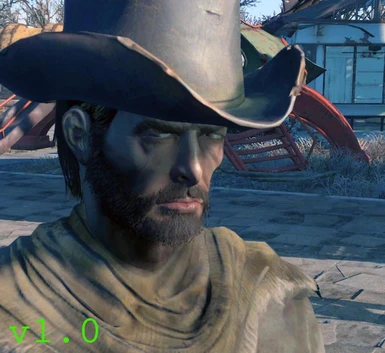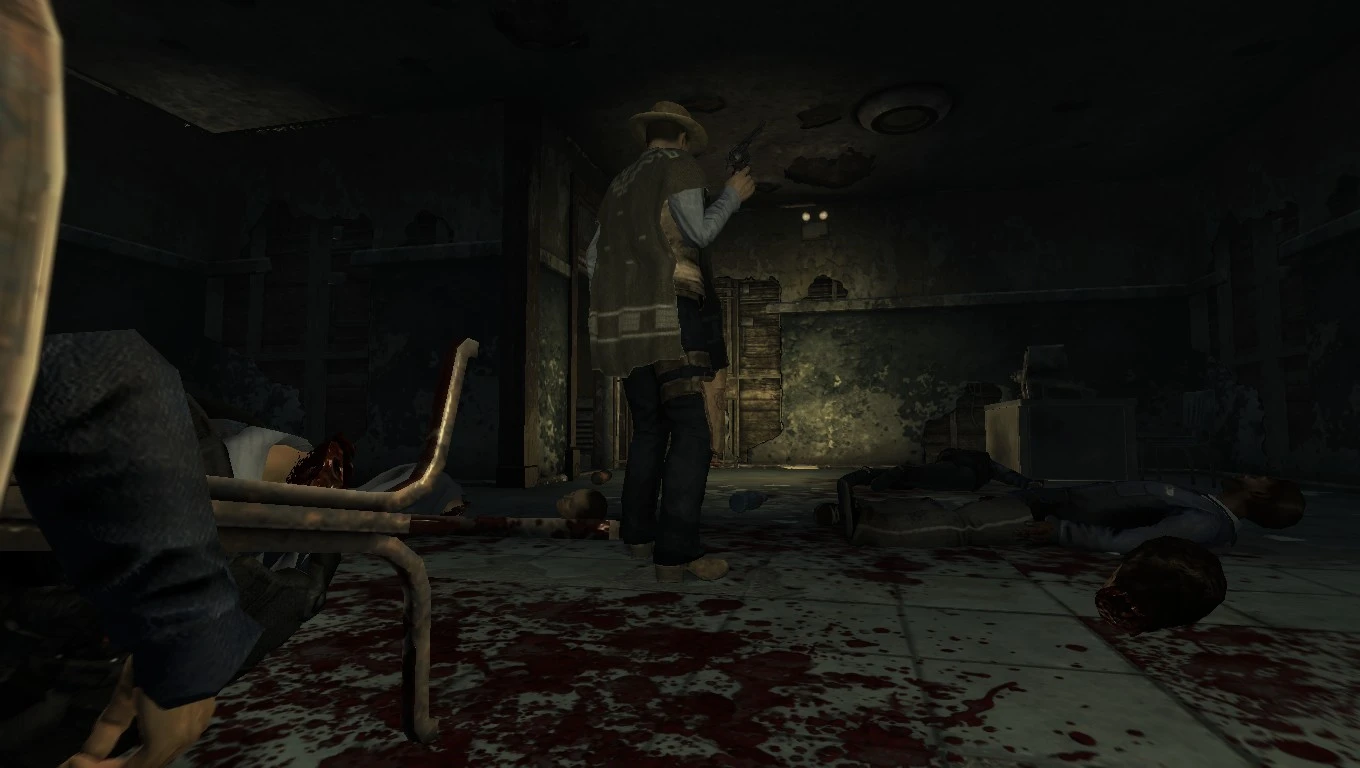


The movie’s meta aspect is its strongest feature. “This macho thing is overrated,” he says. It’s a low energy film that is more character study of a man forced to reassess the way he has lived his life.

Richard Nash that Eastwood has been circling around for decades, “Cry Macho” isn’t story driven as much as it latches onto the framework of the road trip genre to find momentum. The boy agrees to head to the States with Mike, excited at the prospect of becoming a real cowboy on his father’s ranch.Īlong the way the surrogate father and son duo hide out from the Federales, meet a kind-hearted cantina owner (Natalia Traven) and learn the true meaning of what it means to be macho.īased on a neo-Western book by N. “He is not a chicken,” Rafo says, “he’s Macho.” Mike tracks down Rafo at a cockfight, where he is about to put Macho, his prizewinning rooster, into the ring. “Take him if you can find him,” she hisses. The boy’s mother (Fernanda Urrejola) is an aristocratic woman with a short temper who seems to care nothing about her son. He wants the former rodeo star and ranch hand to travel to Mexico, find his estranged thirteen-year-old son Rafo (Eduardo Minett) and bring him back to the States. Set in 1979, the story begins when wealthy Texas ranch boss (Dwight Yoakam) calls in a favour from former employee Mike Milo (Eastwood). His unfussy approach to storytelling often gives his films a unique energy all their own, a style born out of confidence and almost 70 years of standing in front of or behind a camera.ĭepending on your level of cynicism, “Cry Macho,” his new road trip movie now playing in theatres, is either the work of a filmmaker so confident in his craft he trusts the audience will follow him wherever he goes, no matter how meandering, or a slender, slapdash exercise in myth building. He’s not Stanley Kubrick who would do 200 takes of a head turn, or Christopher Nolan whose camera technique is sharp as a tack. Clint Eastwood is a legendary in Hollywood for his no-nonsense approach to filmmaking.


 0 kommentar(er)
0 kommentar(er)
